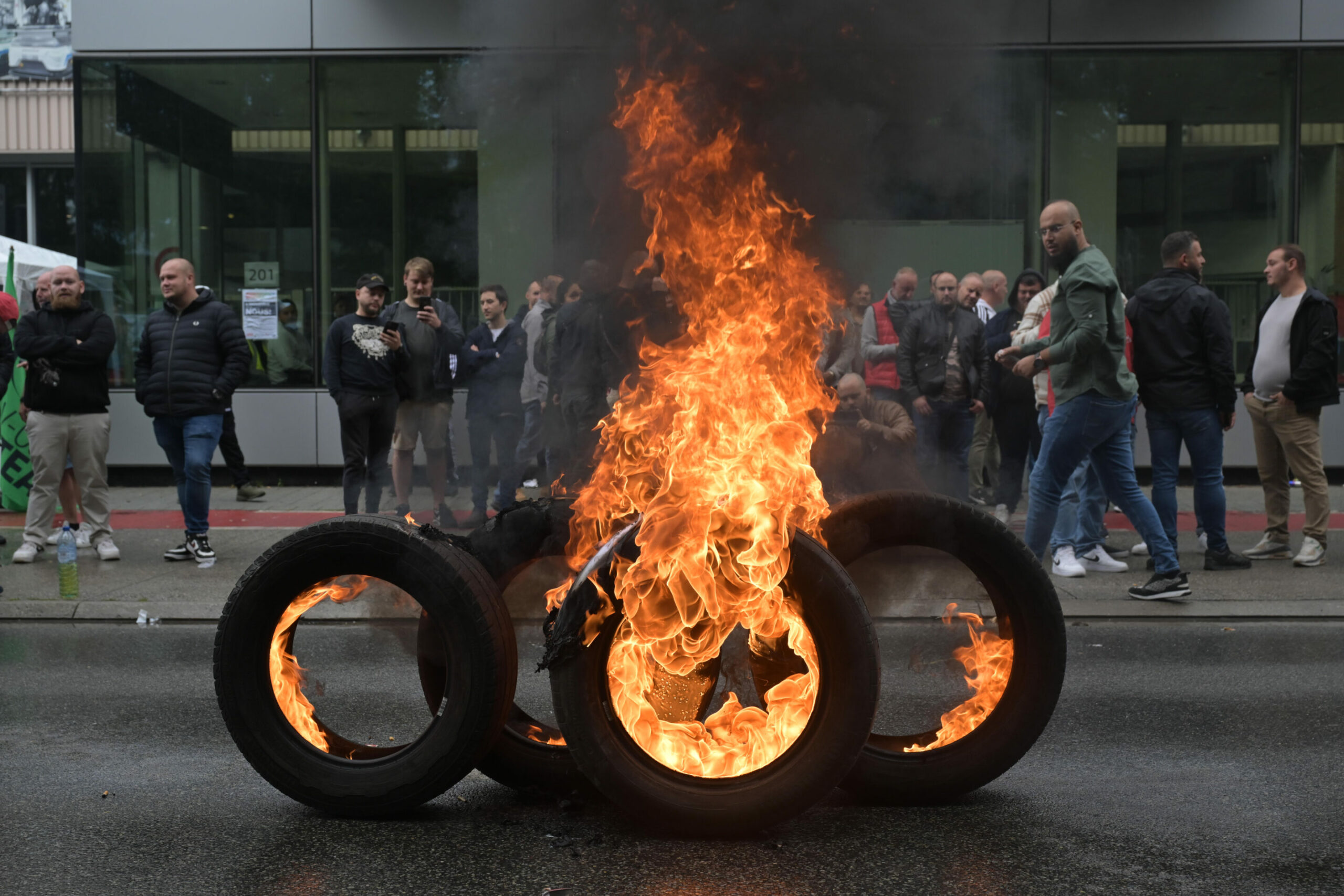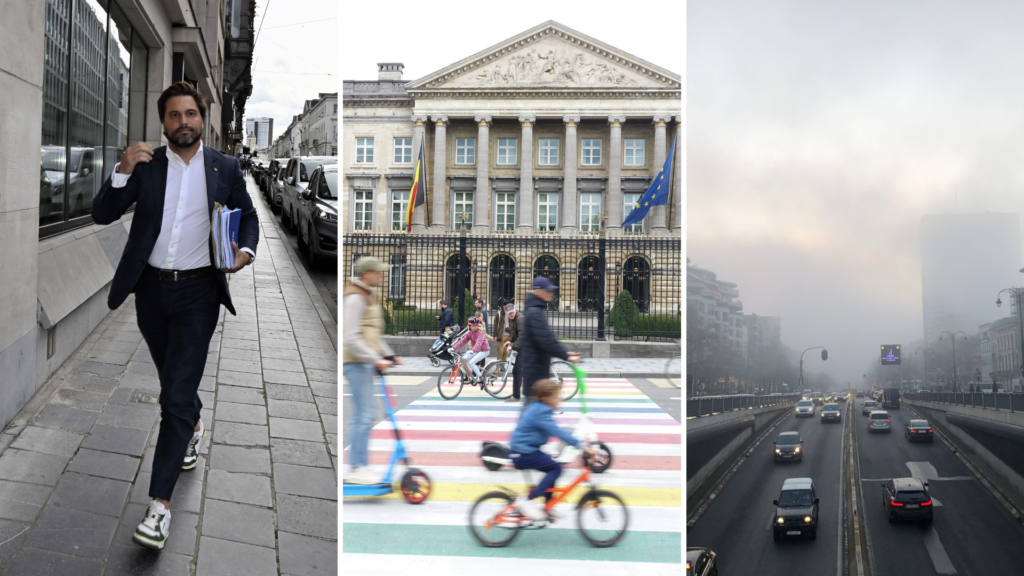The ever-salient issue of getting around the city will be in the spotlight this week, not only in Brussels but Europe-wide as the EU initiative Mobility Week promotes sustainable urban mobility.
It's a calendar fixture that culminates with Car-Free Sunday, a celebration that reclaims streets for a fiesta of jumble sales, performances, and lots of bicycles. But this year the event seems particularly timely, coming in the aftermath of a political dispute that has completely derailed talks to form the next Brussels government.
Already the most complicated coalition thanks to the need for both French-speaking and Dutch-speaking partners, the ideological differences between centre-right French parties and centre-left Dutch parties became fixed on cars – a wedge issue in Brussels where drivers are increasingly personae non grata. In recent years, this has seen cars curtailed by engine requirements and a traffic plan (Good Move) that directs motorised vehicles away from the city centre.
Led by the outgoing Mobility Minister Elke Van den Brandt (who in her tenure orchestrated reforms to limit driving in Brussels), the Dutch-speaking parties were shocked when their francophone counterparts announced their plan to postpone a stricter low emissions zone (LEZ), effectively undoing environmental legislation put in place by the previous government.
Rather than backing down from this incendiary affront, the francophone partners were unwavering in their intention to change the LEZ plans. Tensions weren't assuaged by George-Louis Bouchez, leader of francophone liberal party MR, who threatened to torch the entire Good Move scheme, which he has persistently framed as an anti-car campaign. Bouchez himself doesn't live in Brussels. He also likes to drive rally cars in his spare time.
After two weeks of failing to de-escalate the deadlock, Van den Brandt pulled the plug on negotiations on Friday, deeming the "ego politics" of francophone partners an insurmountable barrier to forming a government. And whilst Bouchez has never concealed his truck with plans to reduce cars and pollution in the capital, compromis à la belge is apparently not a strategy he has any time for. But in Brussels, "My way or the highway" is a road to nowhere.
Before you go: How do you feel about your commune? What would you like to improve? Take our quick survey and share your feedback here.
Belgium in Brief is a free daily roundup of the top stories to get you through your coffee break conversations. To receive it straight to your inbox every day, sign up below:
1. Europe’s dying industry: Thousands expected at Brussels Audi march
What started as a protest by workers at Audi Brussels has sparked a much broader debate about the prospects of industry in Europe. Read more.
2. Audi Brussels closure ‘example of just transition failure,’ says Climate Coalition
"Without employment and training plans for those impacted, Belgium will not make any progress towards a just transition." Read more.

3. European Commissioner Thierry Breton resigns over ‘questionable governance’
Breton accused Commission President Ursula von der Leyen of using a political trade-off to pressure France to withdraw his name for the future Commission. Read more.
4. Mobility Week: €8 return trip across Belgium by train on Car Free Sunday
The promotion aims to convince more people to leave the car and opt for the train instead. Read more.
5. Thousands of theatre tickets for €2 in Brussels and Wallonia
From 27 September to 6 October, cheap theatre tickets will be available in over 50 venues in French-speaking Belgium Read more.
6. Belgian reaction to Orbán bus plan ‘nationalised a European issue’, says expert
"This could have remained in the realm of European politics, especially as the likelihood of the idea actually happening are rather slim." Read more.
7. New tram line, more buses: What is new in Brussels public transport?
The changes include the new tram line 10, which will connect Neder-Over-Heembeek in the north of Brussels with the city centre. Read more.

